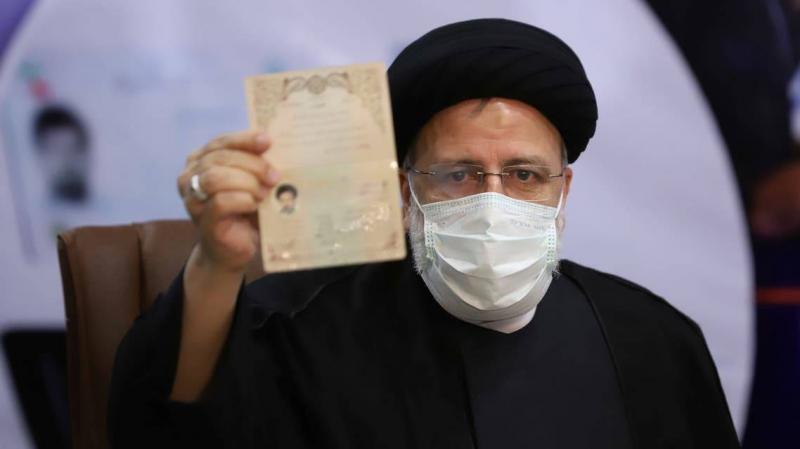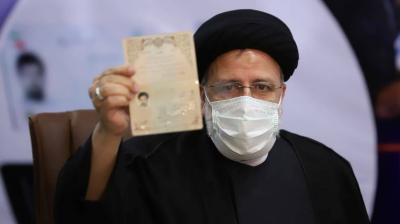As expected, the frontrunner according to opinion polls, Ibrahim Raisi, won the Iranian elections which many boycotted. So, who is Ibrahim Raisi? He is a conservative cleric aged 60 and is considered close to the Iranian regime's leader, Ali Khamenei, and they both hail from the city of Mashhad in northeastern Iran, where Raisi was one of Khamenei's students.
Before his election, Raisi held the position of Chief of the Judiciary in Iran and has occupied various roles within the system, including the presidency of the "Astan Quds Razavi" charitable foundation, which oversees the affairs of the Imam Reza shrine in Mashhad, one of the most significant sites for Shia Muslims. His leadership of this foundation granted him considerable influence in the country due to its vast resources, and he remained in this position for three years.
In March 2019, Raisi became the Chief of the Judiciary in Iran, with his primary task set by the leader to be "the fight against corruption." As head of the judiciary and with aspirations to lead the country, he utilized his powers to prosecute several potential electoral competitors, including Sadegh Larijani. The "fight against corruption" continued under Raisi until the presidential elections, where he adopted it as a slogan in his campaign, presenting himself as "the enemy of the corrupt."
Raisi is known for his strictness and extremism in conservative positions in Iran compared to other supporters of this trend. For instance, he prohibited a musical concert in Mashhad in 2016. However, these actions may seem minor compared to his involvement in mass executions of dissenters in the 1980s, according to human rights organizations and Iranian opposition groups.
For decades, Ibrahim Raisi has been a key figure in the Iranian judicial system and was part of what is known as the "Death Committee," responsible for executing thousands of leftist and Marxist detainees in 1988, accused of belonging to the "Mujahedin-e Khalq Organization." While the National Council of Resistance of Iran, the political wing of the "Mujahedin-e Khalq," claims that 30,000 people were executed, other estimates suggest the actual number ranges between four and five thousand.
Amnesty International states that Ibrahim Raisi was part of the "Death Committee," which included four members and executed opponents without trial before burying them in mass graves. When Raisi was asked decades later about this dark chapter in Iran's history, he denied any involvement but praised the decision made by the leader at the time, Khomeini.




